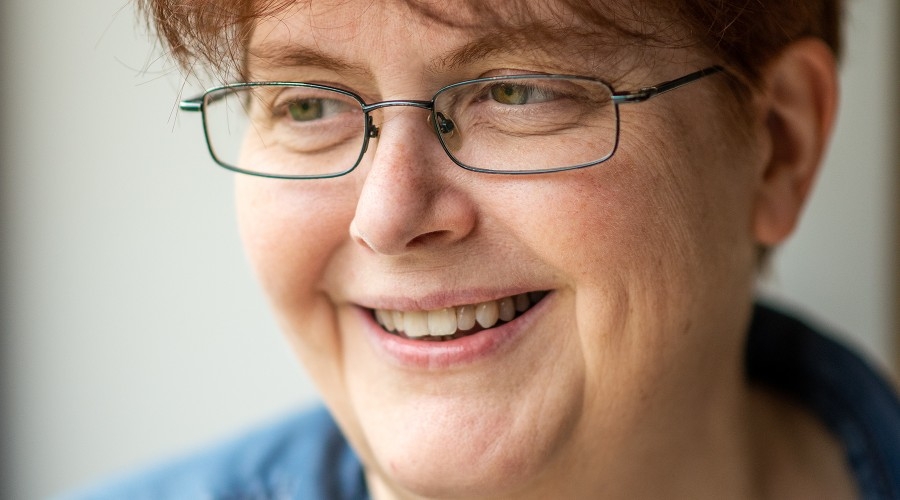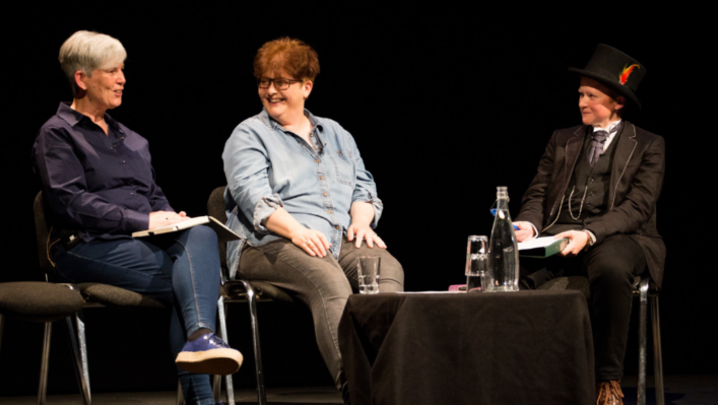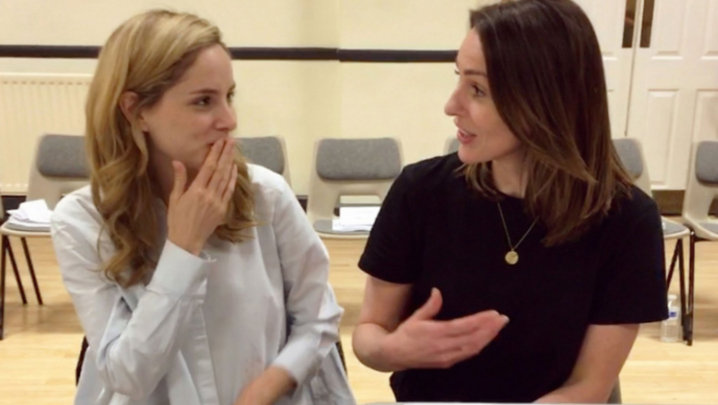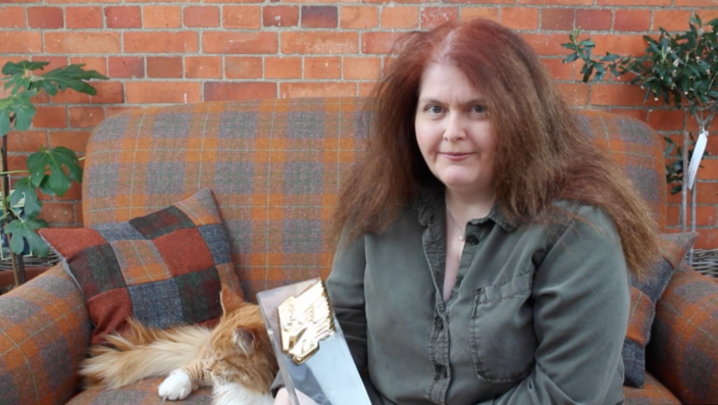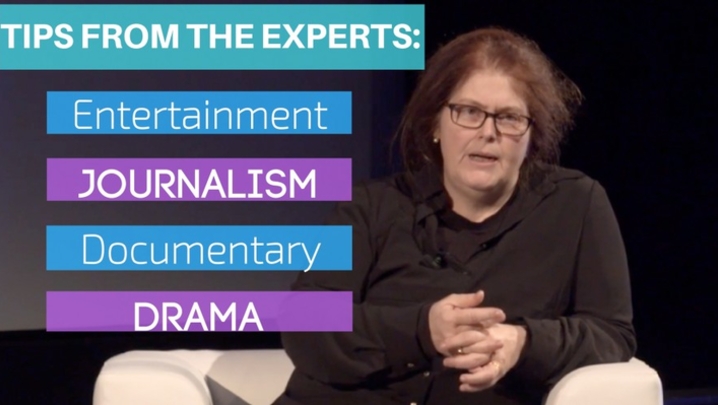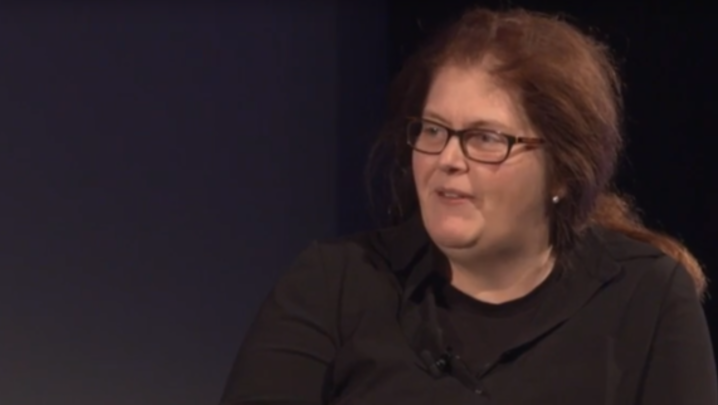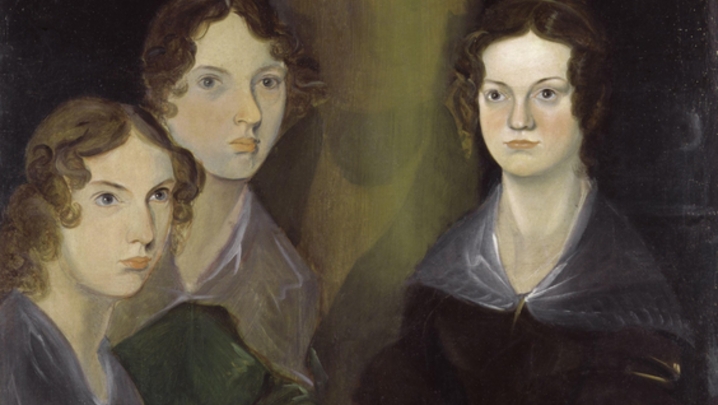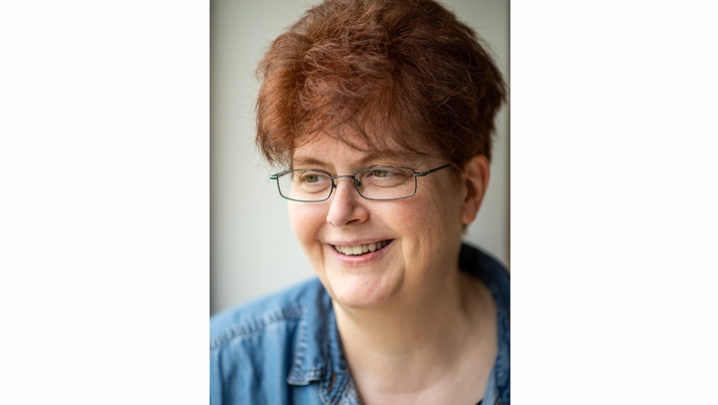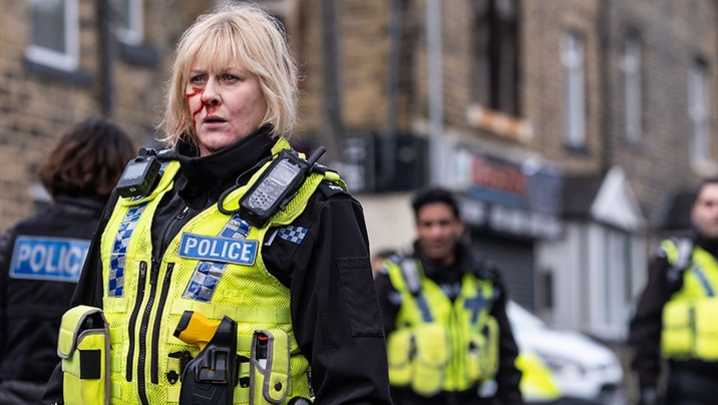Sally Wainwright had been keen to dramatise the life of Anne Lister – “She’s my hero, I suppose” – for two decades before Gentleman Jack won an RTS Award earlier this year.
She is now penning the second series of the hit BBC drama, which is based on the diaries of a 19th century landowner exploring her lesbian sexuality.
Progress, however, has been slow. “I’ve got tons of work to do, but I’ve found it very hard to concentrate,” admitted Wainwright. She has turned out one episode during eight weeks of lockdown, a slower pace of writing than usual.
Normally, she said, “I take my deadlines very seriously”, but the coronavirus outbreak has put back filming of the new series from June to September.
Talking about her personal lockdown in rural Oxfordshire, Wainwright said: “I feel guilty for saying it’s really not that bad. As a writer you spend most of your time on your own anyway – I could very happily be a recluse, so this isn’t any real hardship for me.
Lockdown has allowed her, for the first time in years, to garden and grow vegetables. “It sounds really glib, but I’ve enjoyed being at home for a consistent period of time,” she said.
The writer was discussing her work with Endemol Shine chief operating officer Lucinda Hicks in an RTS webinar. “I hope it’s down to earth and feels authentic. I hope everything I do is funny, even when it’s very dark like Happy Valley. It’s always important for me to entertain people,” she said.
Happy Valley, which starred Sarah Lancashire as a West Yorkshire police sergeant, gave Wainwright some of the best reviews of a long and successful television career that begin on ITV soap Coronation Street in 1994.
Shows as varied as comic Lottery drama At Home with the Braithwaites, cop series Scott & Bailey, Last Tango in Halifax and Gentleman Jack have taken the writer’s RTS Award and Bafta wins and nominations into double figures.
Until she penned Scott & Bailey, Wainwright admitted that “I’d prided myself up until that point of not writing a cop drama, because it seemed to be such a big part of [TV drama’s] output – all it did was thrillers and cop shows”.
But, having met Detective Inspector Diane Taylor, who co-created the series, Wainwright realised that real-life police work was very different to its usual TV portrayal.
“We wanted [Scott & Bailey] to reflect what solving murders is really like,” she said. “We make entertainment out of murder on TV a lot of the time, the Agatha Christie tradition of solving whodunits, middle-class murders.
“Real murders aren’t like that – they’re very grim.”
Last Tango in Halifax, she revealed, was based on her own mother’s life, who discovered and married a lost love after being widowed” “My mum was thrilled that I’d dramatised what had happened to her. She met someone online who she’d been at school with 60 years ago and they fell in love with each other and got married.”
Discussing her writing, Wainwright said: “My imagination doesn’t seem to click in if what I’m writing doesn’t feel real, or if it’s phoney, or if something feels a bit cheesy or sentimental. I can’t go there – my brain won’t engage, so I have to persevere until I know a scene feels authentic.
“Right from trying to be more serious about writing in my late teens, I became very conscious of the fact that I could only write things if they were part of the real world. I could write sci-fi, but it would be very down-to-earth sci-fi.”
The RTS webinar ‘In conversation with Sally Wainwright’ took place on 18 May and was produced by Sarah Booth and Lucinda Hicks. A full report will appear in the June issue of Television.

